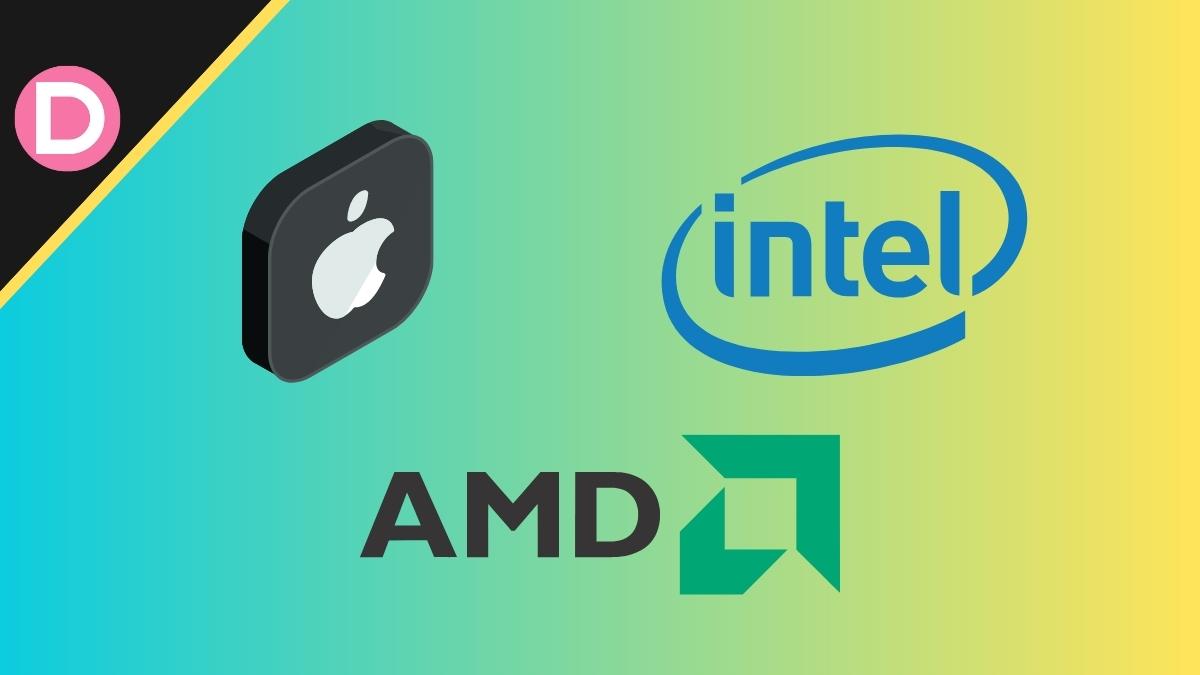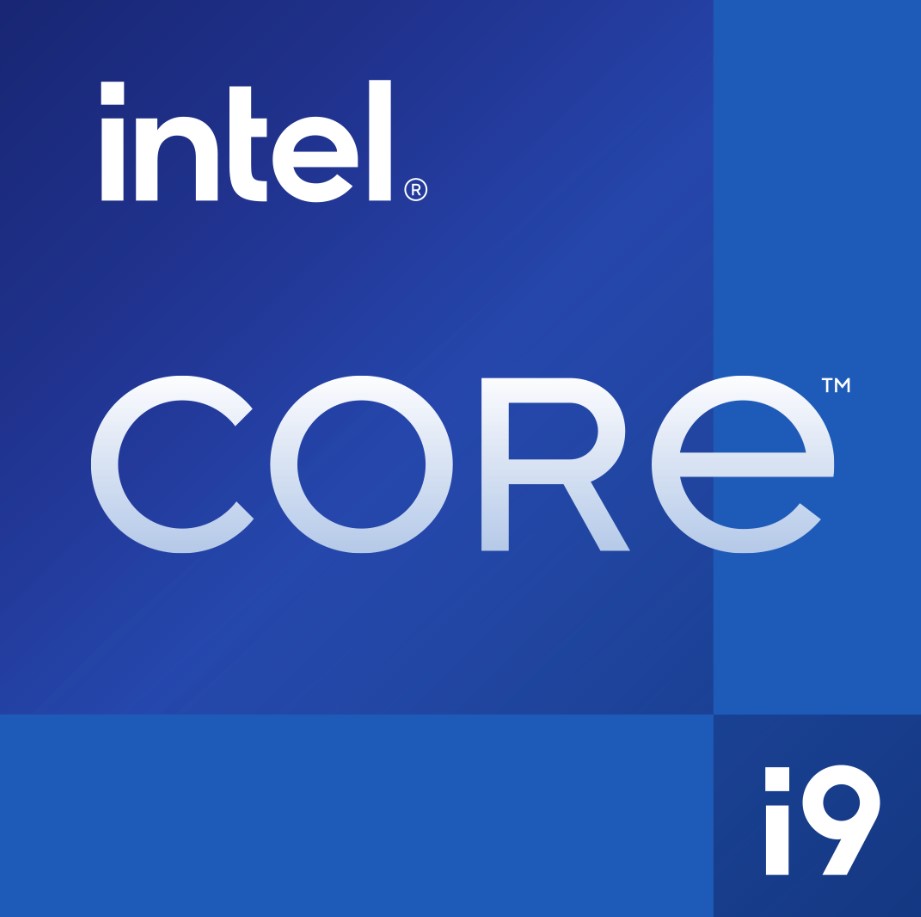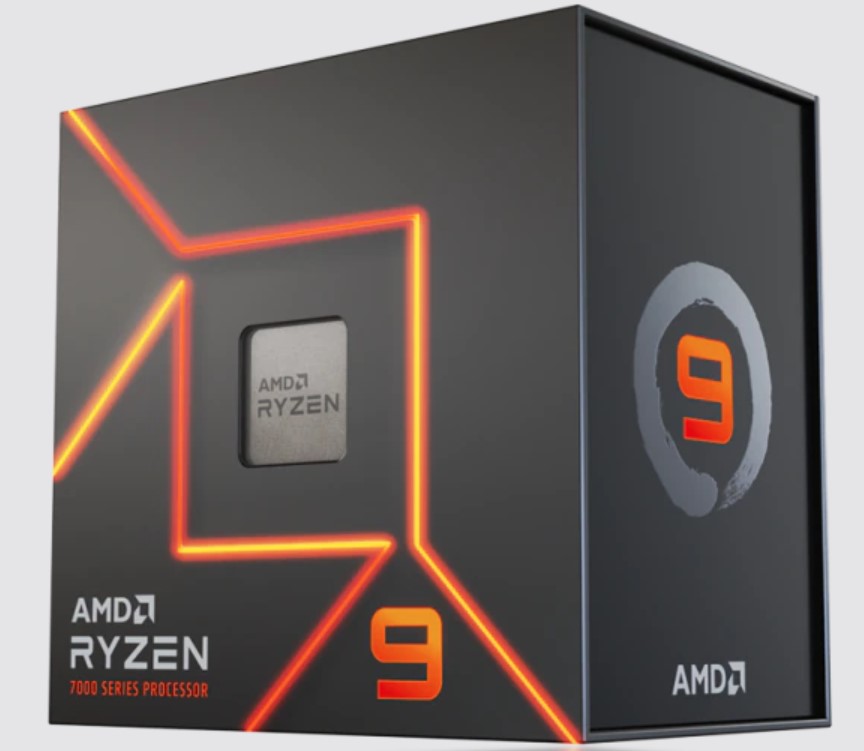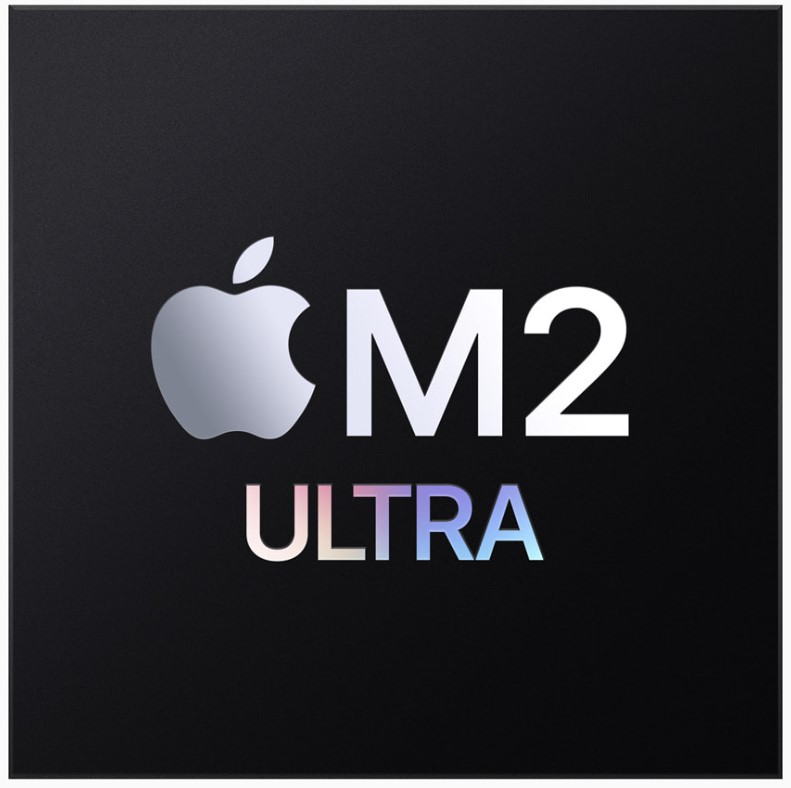The most predominant CPU manufacturers, Intel and AMD, are surpassing the heights by launching powerful chipsets in their respective price ranges. Their recent launches of processors, Core i9-13900K by Intel and Ryzen 9 7950X by AMD, are one of the most advanced levels of CPUs.
The Cupertino-based Tech Company (Apple) has joined the battle recently, starting with the Apple M1 chipset. They have introduced another member of the semiconductor family: M2 Ultra. The M2 Ultra is the most powerful chipset developed by the company. In this post, we will analyze the performance and other parameters of all the recent chipsets announced by three major companies: Intel, AMD, and Apple.
Before we dive into the actual CPU figures of all the above-listed chips, let’s understand their typical CPU specifications.
Intel Core i9-13900K:
The Intel Core i9-13900K is a powerful processor for desktops, laptops, and other computerized machinery. The chipset was released in the fall of 2022. It comprises 24 cores: 8 Performance cores, 16 Efficiency cores, and 32 threads. As there are more efficiency cores than performance, the efficiency of the CPU is higher. The Maximum Turbo Frequency is 5.80GHz. The maximum memory size supported is 128GB. The chipset supports Intel UHD Graphics 770.
AMD Ryzen 9 7950X:
The AMD Ryzen 9 7950X is another powerful processor designed by the company. It is also used for similar applications as listed for the Intel one. The chipset was launched on September 27, 2022. It comprises a total of 16 CPU cores and 32 threads. The maximum Boost frequency is 5.70GHz, and the base frequency is 4.5GHz. The memory type is DDR5. The chipset supports AMD Radeon Graphics.
Apple M2 Ultra:
With Intel and AMD surrounding the technology space by launching computer-based application chipsets, Apple also introduced their M2 Ultra on June 5 at WWDC 2023. The chipset is based on a 5nm architecture. It comprises 134 billion transistors, 20 million more than the M1 Ultra. The memory capacity is 192GB, 50% more than M1 Ultra.
The M2 Ultra comprises two M2 Max SoCs designed for the MacBook Pro and Mac Studio. The SoC contains a total of 24 cores: 16 Performance cores, 8 Efficiency cores, and 86 integrated GPU cores. The CPU is 20% faster than the predecessor, the GPU is up to 30% faster, and the Neural Engine is up to 40% faster.
Comparing the above on-paper specifications, we understand that all three chipsets have advantages and disadvantages. Now, let’s move on to the real-life assessments explaining the actual performance and stability of the chipsets.
The recently unveiled Apple M2 Ultra has swapped the architecture from Intel’s x86 to the ARM architecture. The recent application of the platform has been found on the company’s Mac Studio 2023 and the new Mac Pro, which is ready for sale from June 13.
Geekbench 5 Benchmark Performance:
On June 8, the very first benchmark test of the M2 Ultra was revealed. The listing indicates modest improvements compared to the predecessor. The company’s most potent System-On-a-Chip (SoC) is finally listed on Geekbench with the Mac Studio. The single-core and multi-core scores in the tests are 1,956 points and 27,945 points, respectively. This concludes that the CPU of the SoC is about 18% faster than the Apple M1 Ultra.
Let’s compare the results with the competitors present in the market, as also mentioned in this post. The Intel Core i9-13900K scores approximately 2,300 points in single-core and 27,000 in multi-core. On the other hand, the AMD Ryzen 9 7950X scores nearly 2,300 points in single-core and 25,000 points in multi-core. This implies almost equivalent performance and stability compared to the competition.
Geekbench 6 Benchmark Performance:
In the Geekbench 6 tests, Apple’s M2 Ultra scored up to 2,800 points in single-core and 21,500 points in multi-core. However, the other two mentioned mainstream brands, Intel and AMD, provided a single-core score of up to 3,000 and 2,900, respectively. On the contrary, they scored up to 19,900 and 19,300 points, respectively, in multi-core.
The results say that the Apple M2 Ultra multi-core performance is better than the other two companies. The single-core score of the M2 Ultra is decent because the Intel and AMD CPUs are designed for multi-core work but cannot deliver the required performance, as seen from the Geekbench 6 tests. However, the brands are known for consistent and optimal performance, for which Apple charges a lot and hence does not fulfill the value-for-money proportion.
Also, according to Apple, the chipset offers up to 20% faster CPU performance than its predecessor. Still, the benchmark performance indicates only a 10% performance improvement in both single-core and multi-core results, which is underwhelming. During the WWDC event, the company also said that their new Mac Pro would offer up to 3 times better performance than the Intel-based model, but the performance scores from the testing appear to be limited.
Nevertheless, these tests don’t justify the real-life performance of the SoC, so we can’t conclude its power based on the Geekbench test. These tests give us an idea about the system’s strength, stability, and efficiency so we understand them before they appear in real-world applications. We can understand the processor’s performance, what to expect from CPUs, and their computing abilities without any pre-applied applications.
Conclusion:
Considering all the above factors, we can conclude that Apple’s M2 Ultra cannot deliver the performance, at least on the Geekbench testing. On the contrary, the Intel and AMD real-world applications chipsets are designed to offer the required task and handle the demanding performance.
Let’s see what the upcoming M2 Ultra-powered Mac Studio 2023 and Mac Pro offer when they are out for sale on June 13. By the consumer’s response and the creator’s testing, we can analyze the actual performance the chipset can deliver. Let’s wait and see whether the M2 Ultra will beat Intel’s Core i9-13900K and AMD’s Ryzen 9 7950X.
What do you think about Apple M2 Ultra? Do you think it will be able to deliver the performance? Do you think it can beat the Intel and AMD chips? Let us know by dropping the replies in the comments section below. Thank you for reading.
Disclosure: We may earn a commission if you make a purchase through the affiliate links in this article.














You actually compared the M2 Ultra that was launched a month ago to 2 processors that wad launched a year ago?
Why not compare the M2 Ultra to the processors that was launched 5 years ago?
This is juat sad
how power much M2 needed to get to that performance level